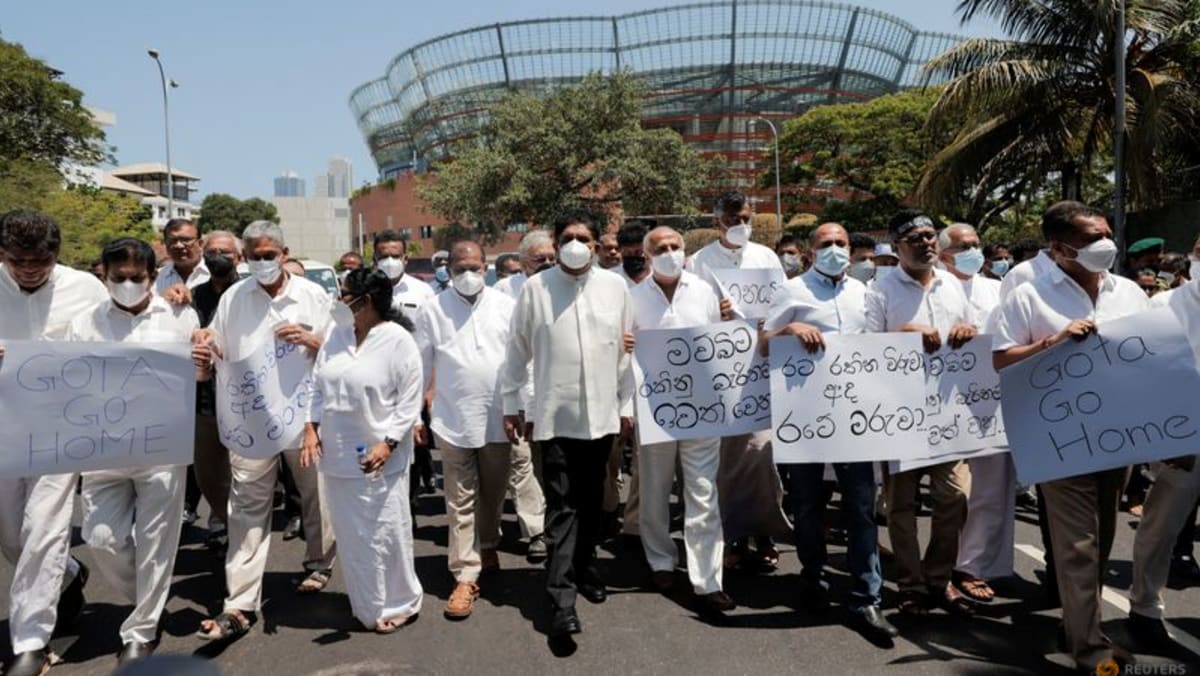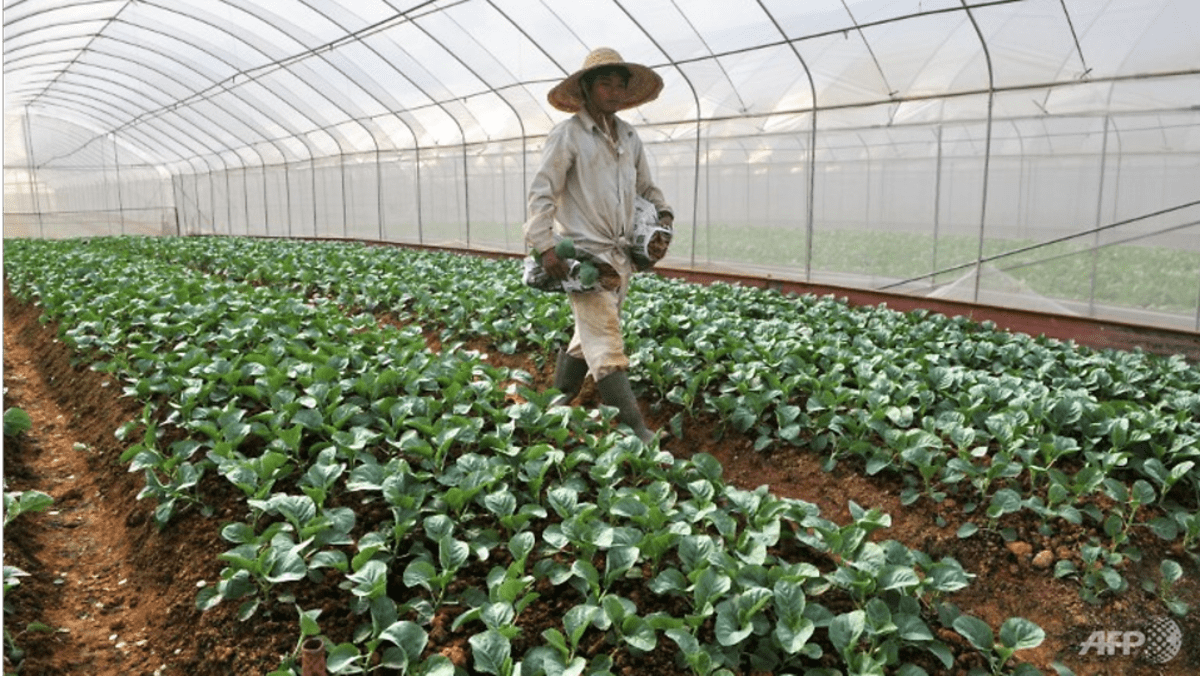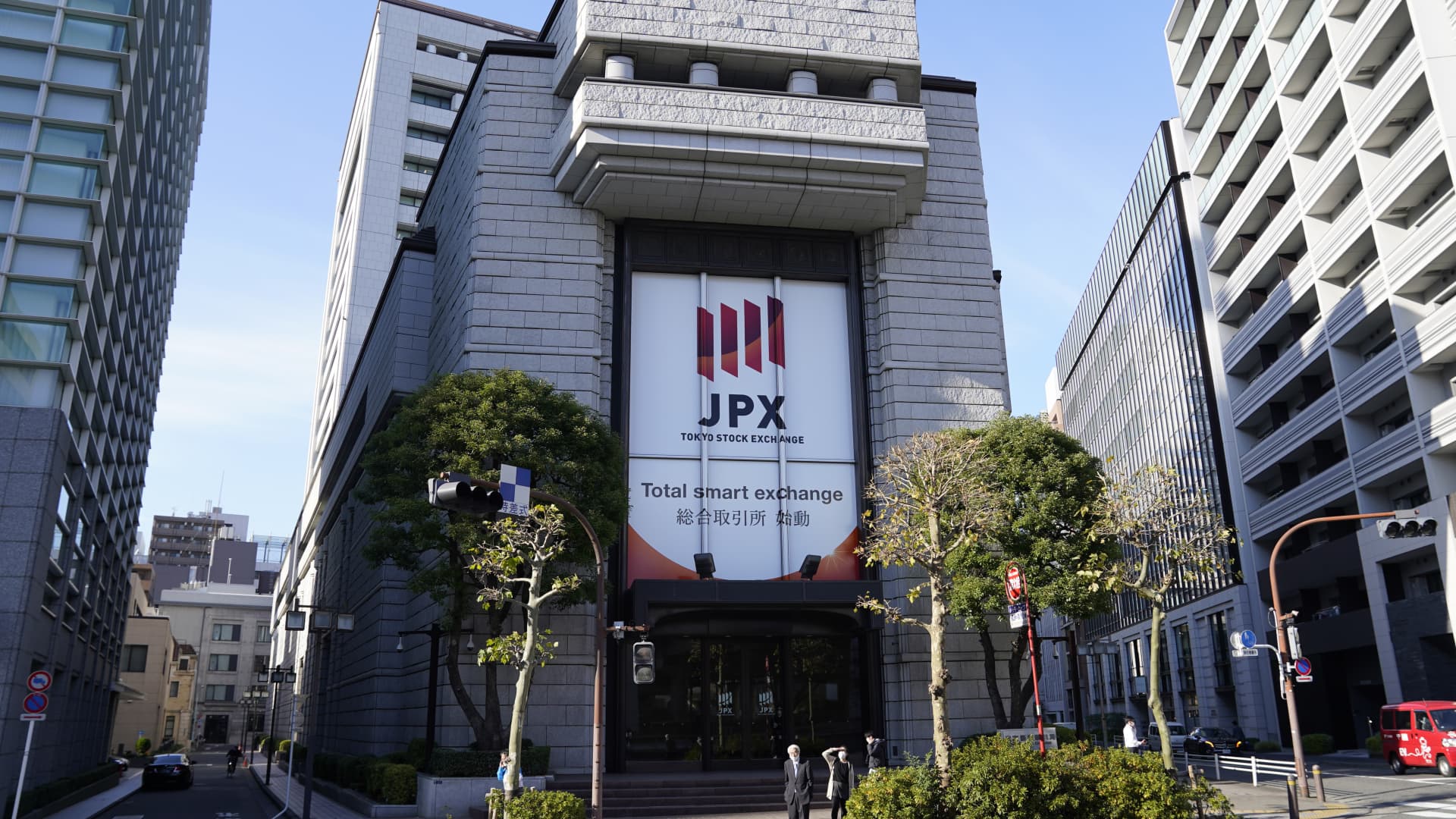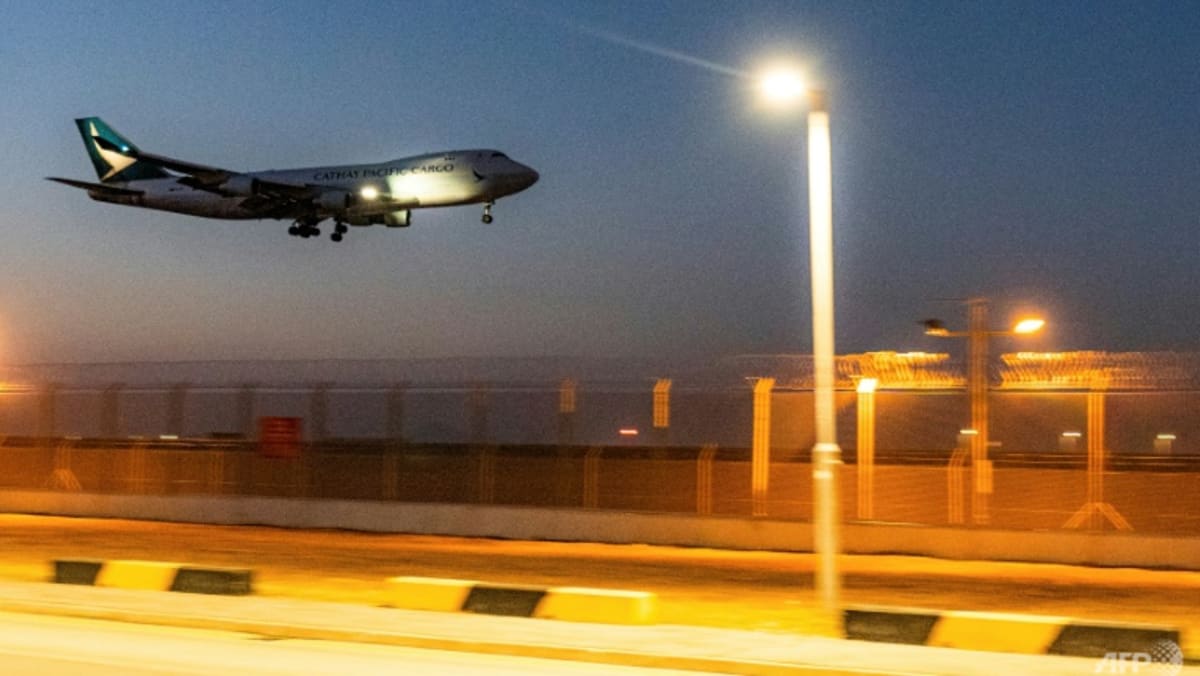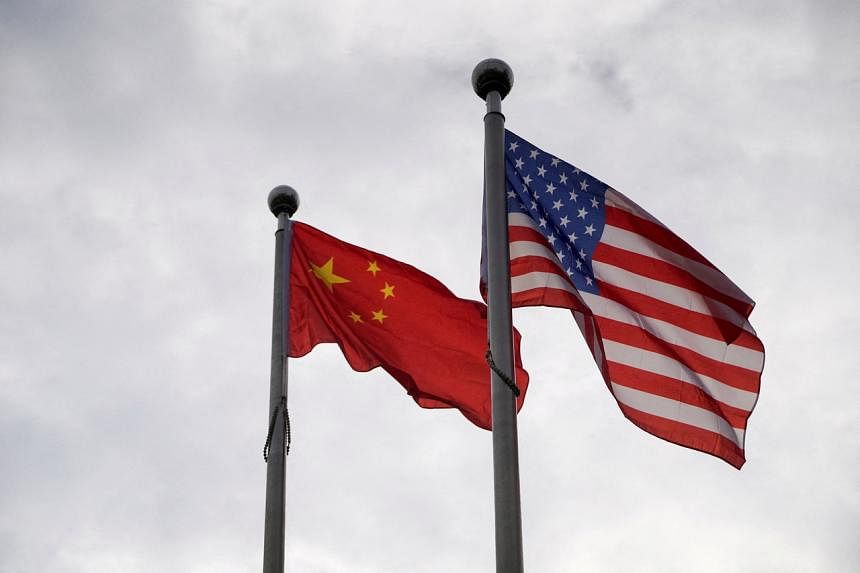
SINGAPORE - There is a strong perception in some parts of the world, including China, that the East is rising and the West declining, and that the United States no longer has a bright future as the world is changing too fast for its system - a democracy with checks and balances.
Prime Minister Lee Hsien Loong does not believe this at all, he said in a recent dialogue with the editorial board of The Wall Street Journal.
While the US is preoccupied with many problems for which it does not see a ready solution, to conclude that America is a country with no future is a "very, very rash assumption to make", he said.
"It is a bet which if proven wrong - which is very likely - is going to cost; cost in overly ambitious plans, cost in overly complacent assumptions, cost in being aggressive in ways which are going to cause a problem, not just to the US but with the rest of the world."
Even if the US is no longer the hyperpower, he added, it will still be close to the biggest economy and one of the most advanced, vibrant and dynamic economies and societies in the world, able to attract talent, generate new ideas and reinvent itself.
But he noted that this was not a universal view.
And there is not much the US can do about that perception by arguing about it.
"You can only solve that problem by progressively being seen to overcome your problems. And to be looking outwards and to be playing the part which so many countries in the Asia-Pacific would like you to play," he added.
The transcript of the dialogue on April 1, during PM Lee's visit to Washington and New York, was released by the Prime Minister's Office on Sunday (April 10).
For a long time, PM Lee said, the US had held itself out as a beacon for the world and saw that it was in its own interest to be open and to carry the obligations of being a policeman in the region.
And the stability of the region turned out to be a boon, with many US multinational corporations and citizens benefiting from being in the region and many from the region developing links and a fondness for the US, he added.
But over time, as the balance shifted with the rise of China and the development of South Korea and South-east Asian countries, a counter-narrative developed in the US questioning why it should still bear the burden of security when its share of the gains is now smaller than it used to be, he said.
While the current US administration under President Joe Biden takes a broader approach, the strategic and economic balance has shifted, and adjustments do need to be made in terms of what the other countries in the region will do, PM Lee added.
https://news.google.com/__i/rss/rd/articles/CBMiiQFodHRwczovL3d3dy5zdHJhaXRzdGltZXMuY29tL3NpbmdhcG9yZS9wb2xpdGljcy9wZXJjZXB0aW9uLXRoYXQtdXMtaXMtb24tdGhlLXdhbmUtYXMtdGhlLWVhc3QtcmlzZXMtbGlrZWx5LXRvLWJlLXByb3Zlbi13cm9uZy1zYXlzLXBtLWxlZdIBAA?oc=5
2022-04-10 10:00:00Z
CBMiiQFodHRwczovL3d3dy5zdHJhaXRzdGltZXMuY29tL3NpbmdhcG9yZS9wb2xpdGljcy9wZXJjZXB0aW9uLXRoYXQtdXMtaXMtb24tdGhlLXdhbmUtYXMtdGhlLWVhc3QtcmlzZXMtbGlrZWx5LXRvLWJlLXByb3Zlbi13cm9uZy1zYXlzLXBtLWxlZdIBAA
